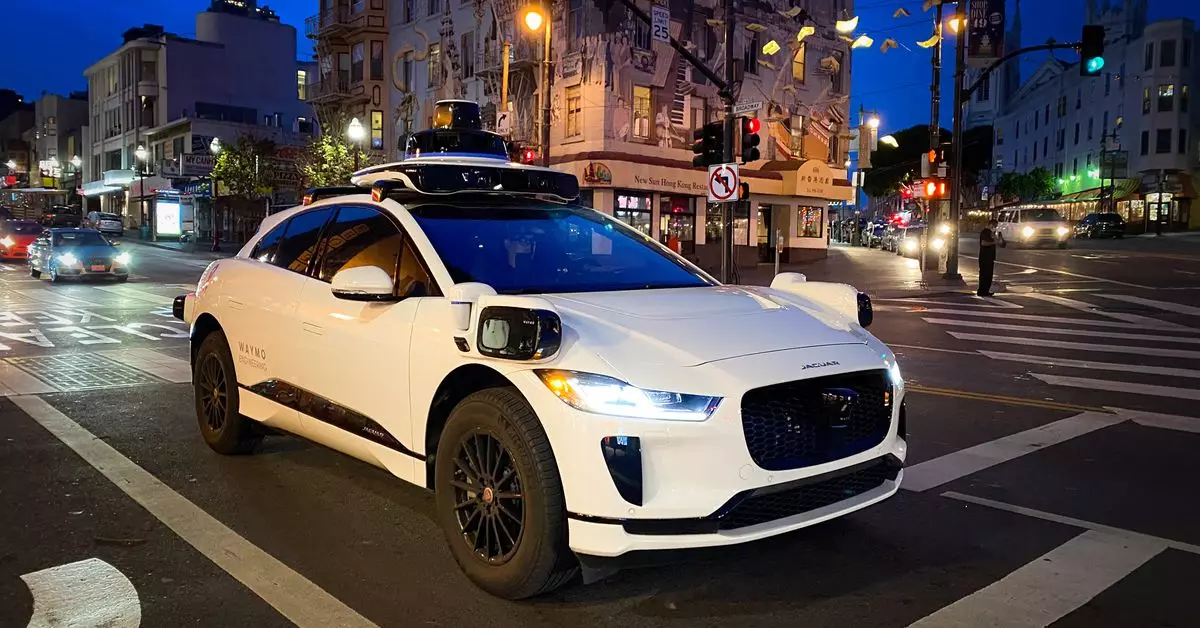Waymo, a prominent player in the driverless vehicle industry, has recently issued a voluntary software recall following an incident in Phoenix, Arizona. The incident involved one of its driverless vehicles colliding with a telephone pole, resulting in damage to the vehicle. This incident has prompted Waymo to take action and file a recall with the National Highway Traffic Safety Administration (NHTSA). It is worth noting that this is the second recall ever issued by Waymo, indicating the company’s commitment to ensuring the safety of its vehicles.
The incident took place on May 21st when an unoccupied Waymo vehicle was driving through an alley lined with wooden telephone poles. The vehicle struck one of the poles at a speed of 8mph, causing damage to the vehicle. Fortunately, no passengers or bystanders were hurt in the incident. The company attributed the collision to an error in the software that underestimated the damage caused by the collision with the telephone pole. As a result, Waymo has updated its software to correct this error and improve the accuracy of its mapping system to prevent similar incidents in the future.
Unlike traditional recalls that require vehicles to be taken off the road for repairs, Waymo’s approach involves pushing over-the-air updates to all affected vehicles. This allows the company to address software issues remotely and continue to operate its vehicles on public roads once the updates have been installed. Waymo’s proactive approach to safety reflects its commitment to earning the trust of riders, community members, regulators, and policymakers. By prioritizing safety, Waymo aims to mitigate risks associated with driverless technology and maintain a positive reputation in the industry.
The driverless vehicle industry is facing increased regulatory scrutiny, with federal investigators examining incidents involving major companies operating autonomous vehicles in the US. Waymo is not alone in facing challenges related to safety and regulatory compliance. Several incidents involving driverless vehicles have raised concerns about their reliability and potential risks to pedestrians and bystanders. The proliferation of smartphones with cameras has also made it easier for incidents involving driverless vehicles to garner public attention and scrutiny.
Safety is paramount in the development and deployment of driverless vehicle technology. Companies like Waymo must prioritize safety measures to address software errors, prevent collisions, and ensure the overall reliability of their vehicles. By taking proactive steps to improve safety, companies can build trust with stakeholders and mitigate risks associated with driverless technology. As the industry continues to evolve, regulatory compliance and safety standards will play a crucial role in shaping the future of driverless vehicles.


Leave a Reply